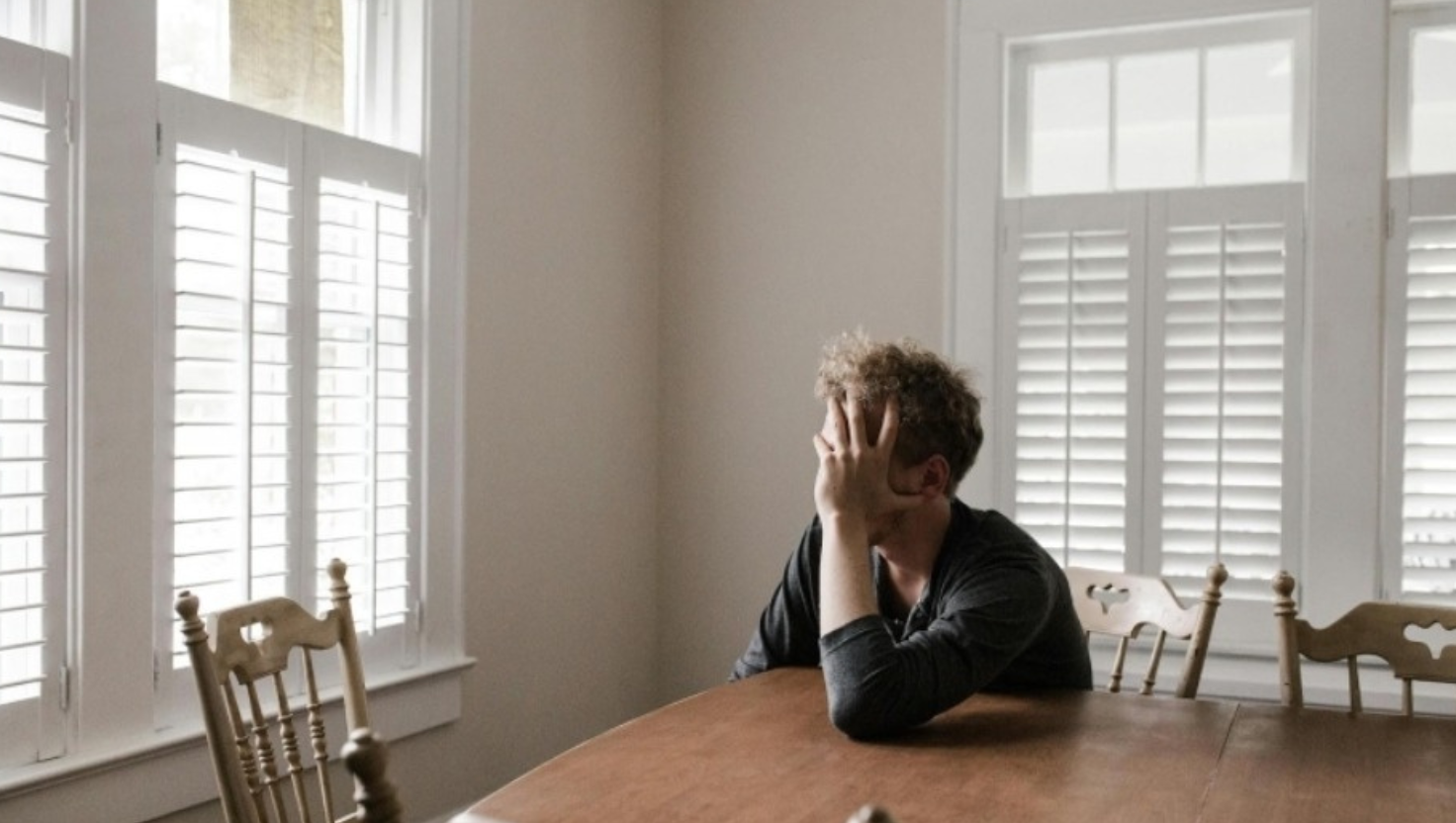Depression can feel like a heavy fog that clouds every aspect of life, making even the simplest tasks feel overwhelming.
Whether it stems from a specific event or arises without a clear cause, depression affects millions of people across the world in deeply personal ways. It can distort thoughts, drain motivation, and isolate individuals from support networks, leaving them feeling helpless and alone. While the experience of depression is unique to each person, there are universally helpful strategies that can support healing and make daily life more manageable. With the right tools and a compassionate approach, navigating the challenges of depression becomes a path toward recovery and resilience.
Recognize the Signs and Accept the Struggle
One of the most crucial steps in dealing with depression is acknowledging its presence and understanding the signs. These may include persistent sadness, changes in appetite or sleep patterns, fatigue, feelings of worthlessness, and loss of interest in activities once enjoyed. Many people delay seeking help because they downplay these symptoms or feel ashamed of their emotional state. Accepting that you’re struggling is not a sign of weakness but rather an important act of self-awareness. Naming what you are going through can bring clarity and set the stage for healing. Once you’ve recognized that depression is affecting your life, you can begin to take steps toward managing it, rather than feeling controlled by it.
Reach Out for Professional Support
Depression often creates a sense of isolation, making it difficult to reach out for help, but connecting with a mental health professional is one of the most effective ways to navigate the condition. As we can learn more here, therapists, counselors, and psychiatrists can offer tools tailored to your unique experience, whether through talk therapy, medication, or a combination of the two. Cognitive-behavioral therapy (CBT), for example, has been widely recognized for helping people reframe negative thought patterns that contribute to depressive episodes. If the thought of therapy feels intimidating, consider starting with your primary care physician or a trusted advisor. They can help direct you to appropriate resources and offer a safe space to begin discussing your mental health.
Establish a Simple, Supportive Routine
Depression can make daily life feel chaotic or purposeless, so establishing a simple, consistent routine can provide structure and a sense of accomplishment. Begin with manageable tasks, like getting out of bed, showering, or eating regular meals, and build from there. A routine doesn’t have to be rigid or packed with productivity. The key is to create a rhythm that offers predictability and reduces decision fatigue. Regular routines help stabilize sleep patterns, which are often disrupted by depression. Even small achievements, like making the bed or going for a walk, can help break the cycle of inertia and restore a sense of agency in your life.
Prioritize Self-Compassion Over Perfection
Many people struggling with depression are dealing with an inner critic that constantly demands perfection or belittles their efforts. Practicing self-compassion means learning to treat yourself with the same kindness and patience you would offer a loved one in pain. This might include speaking gently to yourself, allowing room for rest, or recognizing that healing is not linear. It’s normal to have difficult days, setbacks, or moments of despair. Instead of trying to “snap out of it,” acknowledge your pain and remind yourself that it’s okay to struggle. Replacing harsh self-judgment with empathy can relieve emotional pressure and open the door to genuine healing.
Build and Lean on a Social Support Network
Isolation is a symptom and a cause of worsening depression. While it may feel easier to withdraw, maintaining connections with others, even in small ways, can make a significant difference. Surround yourself with people who offer understanding, encouragement, and a non-judgmental presence. You don’t need to explain everything or be cheerful; just being around someone who cares can lessen feelings of loneliness. Whether it’s a close friend, a support group, or an online community, sharing your experiences with others can provide relief and perspective.

Incorporate Gentle Movement and Nourishment
Physical health is closely tied to mental health, and even small changes in daily habits can positively impact your emotional state. While depression may rob you of energy, gentle movement like walking, stretching, or yoga can help release endorphins and reduce stress. You don’t need an intense workout; the goal is to reconnect with your body and feel grounded in the present moment. Nourishing your body with balanced, consistent meals can help stabilize mood and energy levels. Avoiding excessive caffeine, sugar, or alcohol, substances that can intensify emotional highs and lows, can support emotional regulation.
Navigating depression is rarely straightforward, but there are meaningful steps that can help ease its grip and point the way toward healing. By recognizing the signs, seeking support, and cultivating daily habits rooted in compassion and care, you empower yourself to manage the condition rather than be defined by it. Remember, depression is not a personal failure but a health issue that deserves attention and kindness. With time, support, and persistence, it is possible to reclaim joy, connection, and a renewed sense of purpose.




